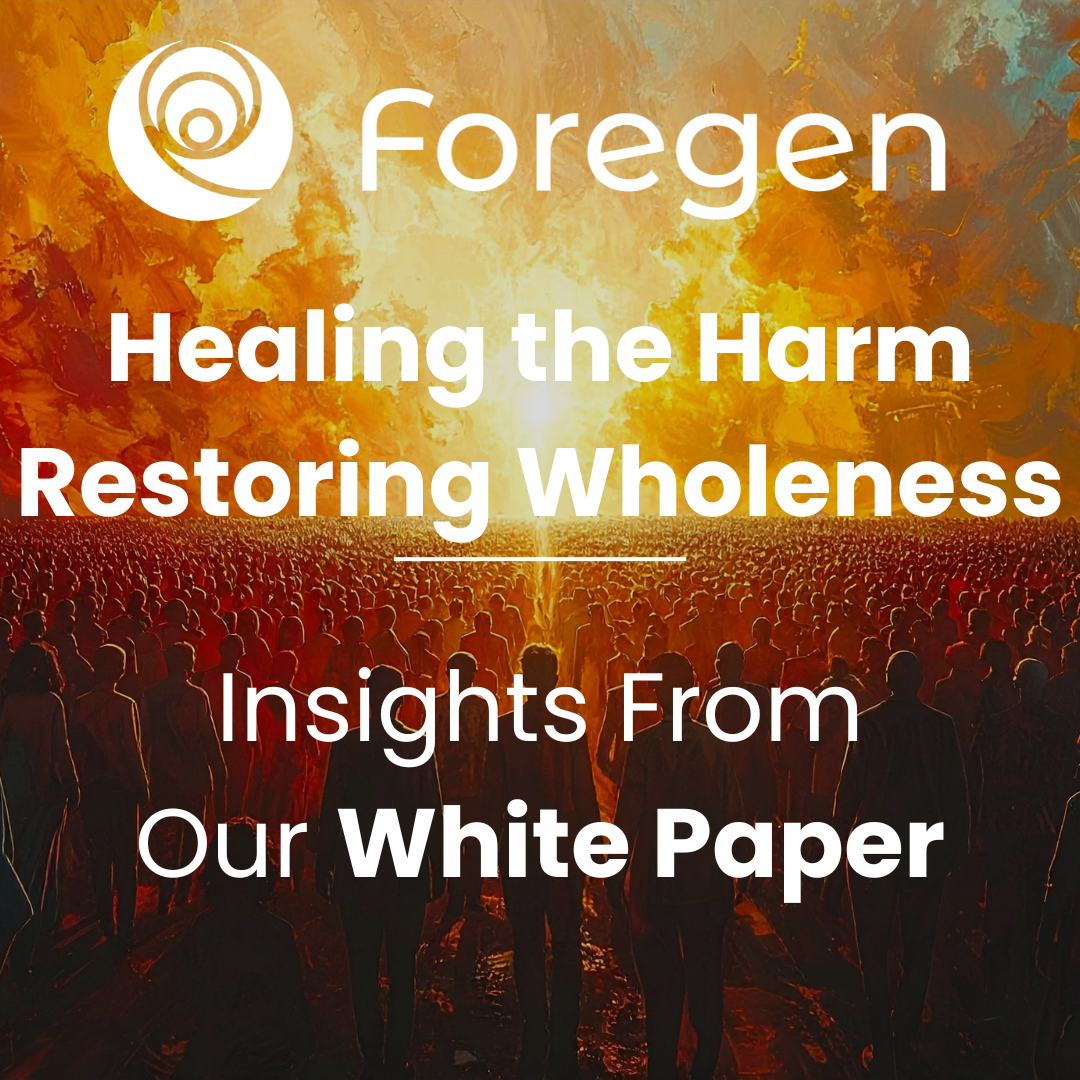An upcoming article on infant circumcision policy, authored by Max Buckler, is soon to be published in the Journal of Medical Ethics. The central argument powerfully aligns with Foregen's ethics and we think marks an important moment in the shifting dynamics of the infant circumcision debate in America.
The article, As controversies mount, circumcision policies need a rethink, highlights a critical ethical conflict: Major medical organizations, like the American Academy of Pediatrics (AAP), have created policies influenced not just by science, but by undisclosued non-medical factors such as culture and personal preference.

The Core Conflict
Buckler concludes that public guidance on circumcision is deeply muddled, because the authors are influenced by cultural norms, rather than adhering strictly to science and sound bioethical principles. This touches at the heart of our mission.
Our position is clear:
- Performing unnecessary surgeries on minors who cannot consent, based on cultural or personal preference, is inappropriate and often violates fundamental bioethical principles, including non-maleficence (the duty to "do no harm"). We believe it is improper for medical professionals to function as agents of cultural norms.
- Foregen's work is not only about reversing harm for those affected but also about advocating for a future where fewer infants are subjected to this needless and harmful surgery. We want to alleviate the harms of the past, while also preventing more harm in the future.
The Need for Transparency
This article argues that clarity and transparency from organizations like the AAP and the CDC is needed, not only to restore the public's waning trust in health authorities, but to ensure the public is made fully aware of the factors influencing authorities on this subject, so that the public is not misled. By demanding that non-medical influences be clearly disclosed, the public has more of the information that it needs to formulate an accurate assessment of the culturally-driven infant circumcision phenomenon in America.
This is a victory for ethical clarity and another step forward in the movement for bodily integrity, and we felt it important to share this paper with the Foregen community.
Thank you for supporting our work to reverse the harms caused in part by misleading policy statements on infant circumcision.




